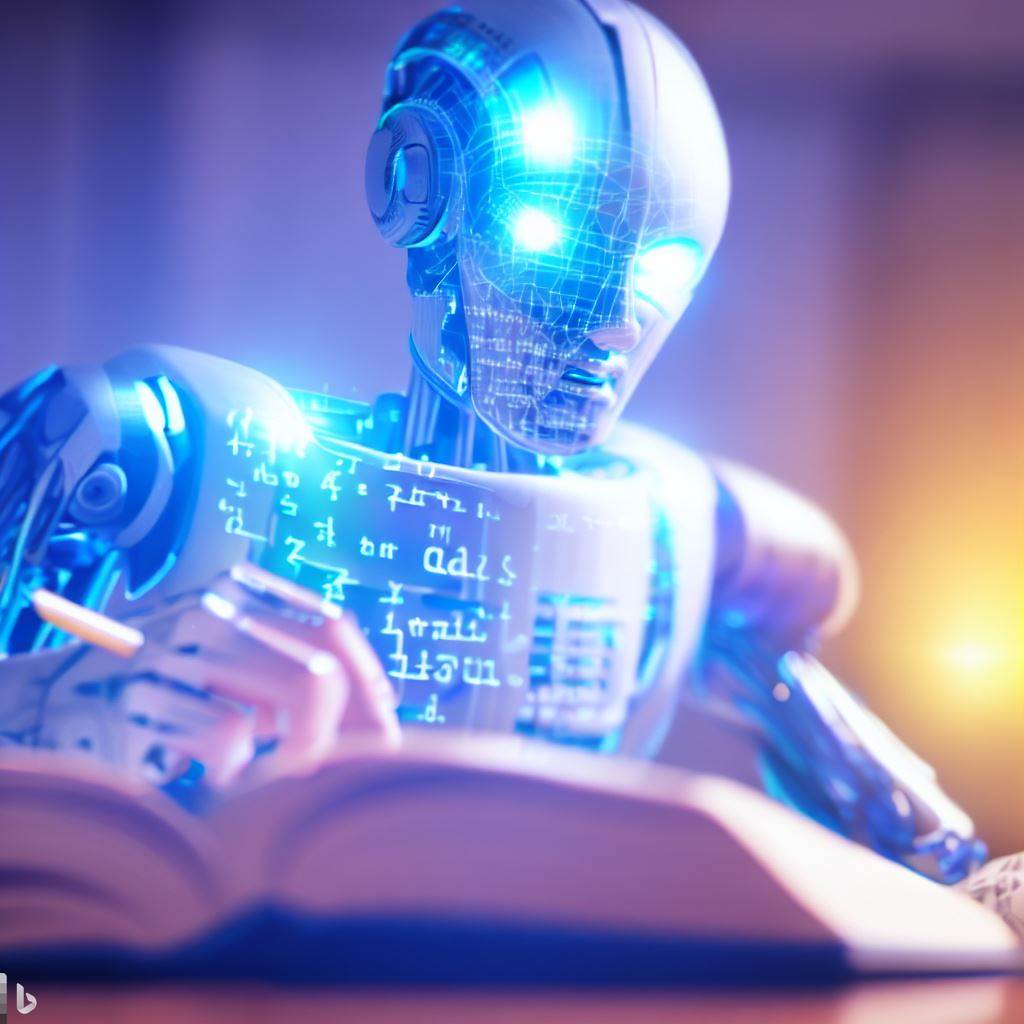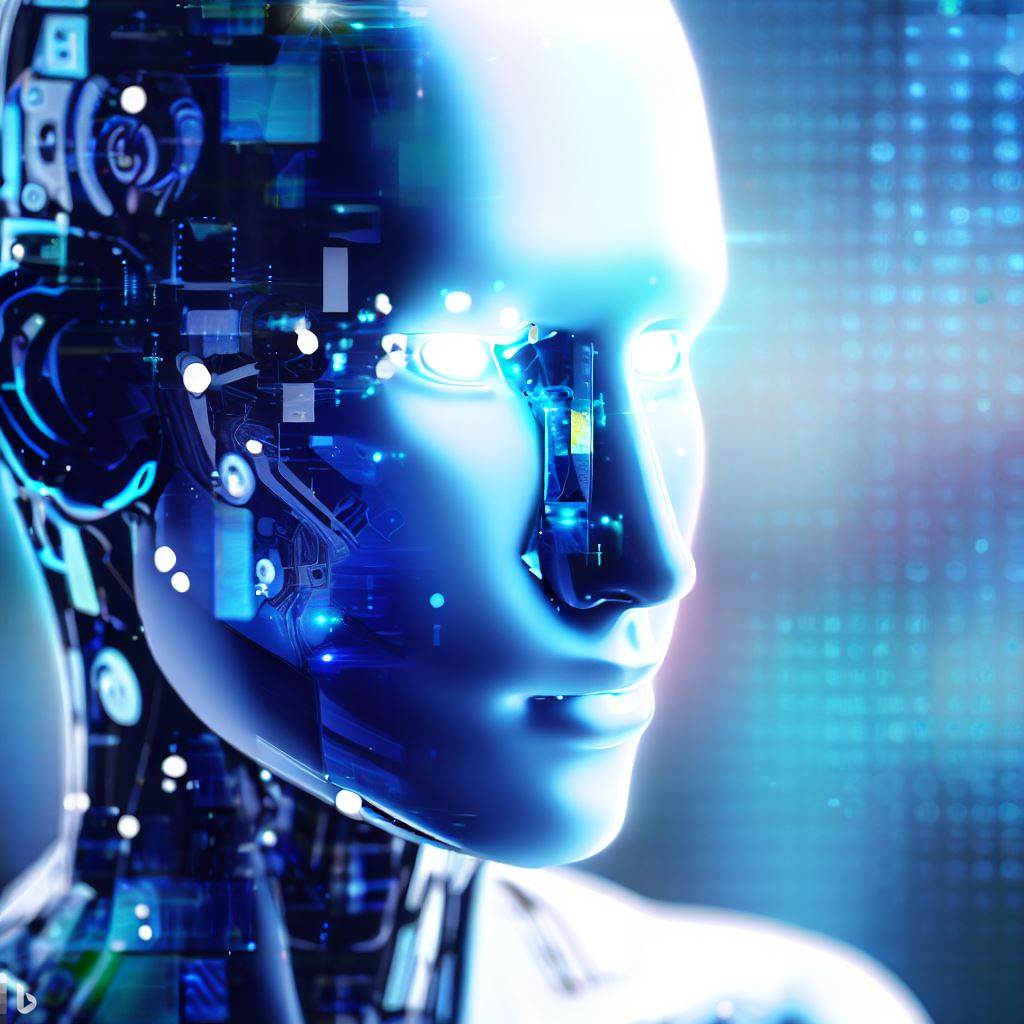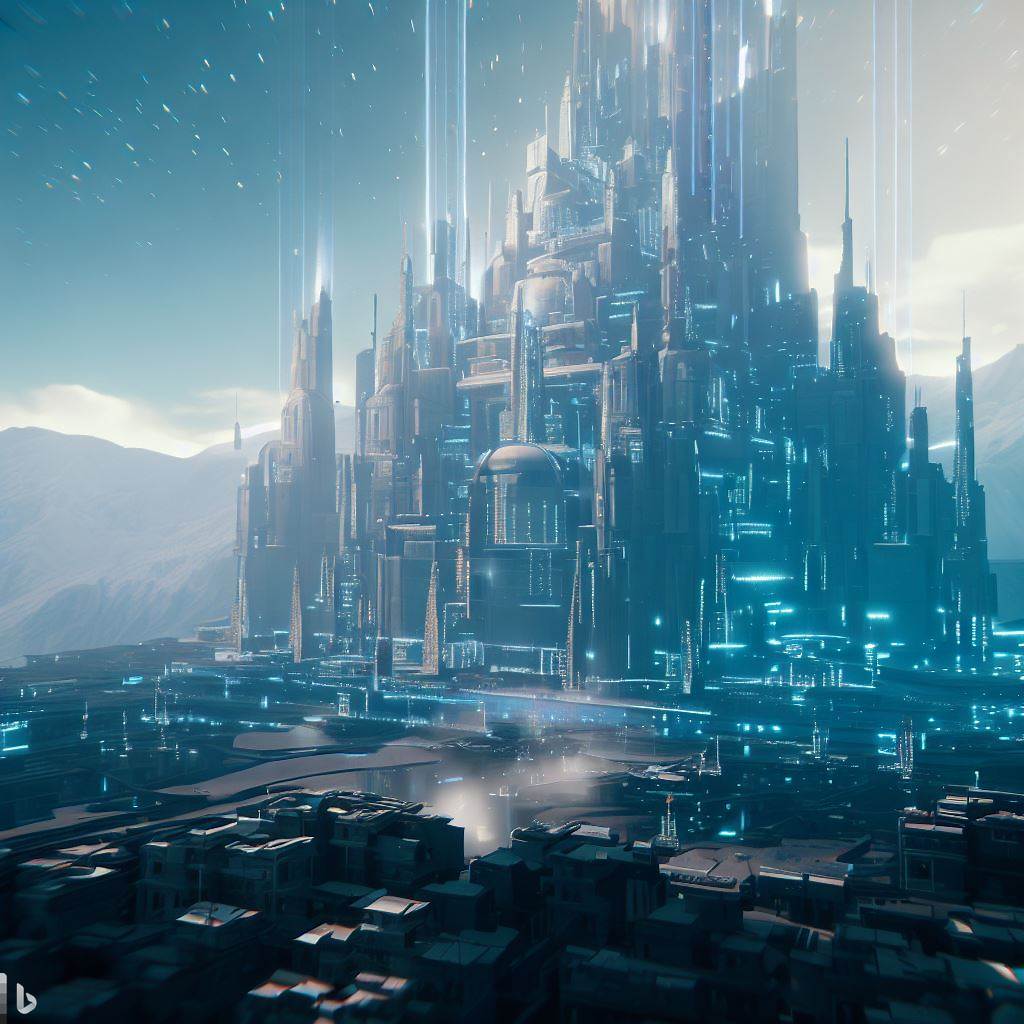In the realm of technological advancements, few innovations have captured the imagination and potential for transformation like artificial intelligence (AI). With each passing year, AI has grown more sophisticated, enabling machines to perform tasks that were once exclusive to human intelligence. As we stand on the cusp of a new era, it is natural to wonder just how far AI can go and what boundaries it can push. In this article, we will embark on a journey through the possibilities and limitations of AI, exploring its current achievements and speculating on its future horizons.
The Current State of AI
Artificial intelligence has made significant strides in recent years, surpassing human capabilities in certain domains. From speech recognition to image classification, AI algorithms have achieved remarkable accuracy and efficiency. Machine learning and deep learning techniques have fueled breakthroughs, enabling systems to learn from vast amounts of data and make complex decisions. AI is now being employed in diverse fields, including healthcare, finance, manufacturing, and transportation, revolutionizing the way we live and work.
The Power of Prediction
One of the most compelling aspects of AI lies in its ability to predict outcomes. With access to massive datasets and powerful algorithms, AI can analyze patterns, identify trends, and generate accurate forecasts. This predictive power has far-reaching implications, from optimizing business strategies to anticipating natural disasters. However, even with its impressive predictive capabilities, AI remains limited by the data it is trained on and the assumptions embedded in its algorithms. While it can make highly accurate predictions within well-defined contexts, AI may struggle when faced with novel or uncertain situations.
Human-Like Understanding and Reasoning
A major milestone for AI would be achieving human-like understanding and reasoning abilities. While current AI systems excel in narrow domains, they lack the broader contextual understanding and common sense reasoning that humans possess. Progress is being made in natural language processing, enabling AI to comprehend and generate human-like text. Nonetheless, truly replicating human-level comprehension and reasoning remains an ongoing challenge. The nuances of human thought and the ability to interpret complex emotions are aspects of cognition that AI is yet to fully grasp.
Creativity and Innovation
Can AI be creative? This question has sparked debate among experts. While AI algorithms can generate impressive outputs, such as music, art, and literature, critics argue that true creativity involves a deeper understanding of emotions, experiences, and the human condition. AI may excel at synthesizing existing information and generating novel combinations, but the essence of creativity, driven by imagination, intuition, and emotional depth, is still uniquely human. However, AI’s ability to augment human creativity by assisting in idea generation, design optimization, and problem-solving should not be overlooked.
The Ethical and Societal Challenges
As AI continues to advance, it brings with it ethical and societal challenges that must be addressed. Questions about privacy, bias, job displacement, and the concentration of power arise as AI systems become more pervasive. Safeguarding against malicious uses of AI and ensuring transparency, fairness, and accountability are vital for its responsible deployment. Striking the right balance between innovation and regulation is crucial to ensure AI benefits humanity while mitigating potential risks.
Looking Ahead
The future of AI holds immense possibilities. Quantum computing, neuromorphic engineering, and advances in neuroscience may propel AI toward new frontiers. A deeper understanding of human cognition, combined with AI technologies, could revolutionize fields like medicine, education, and neuroscience. AI-powered machines may become increasingly autonomous and adaptive, capable of learning on their own and collaborating with humans in ways that redefine the boundaries of innovation.
Summary
The question of how far artificial intelligence can go is a multifaceted one. While AI has made remarkable progress, replicating the full breadth and depth of human intelligence and creativity remains an ongoing challenge. However, by embracing collaboration, ethics, and responsible development, we can unlock AI’s potential to transform society, pushing the boundaries of what we once thought possible. As we navigate this exciting era, let us remember that the true measure of success lies not only in how far AI can go but in how we harness its power for the betterment of humanity.



